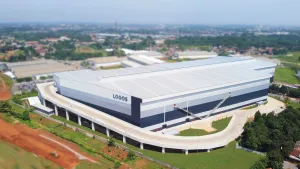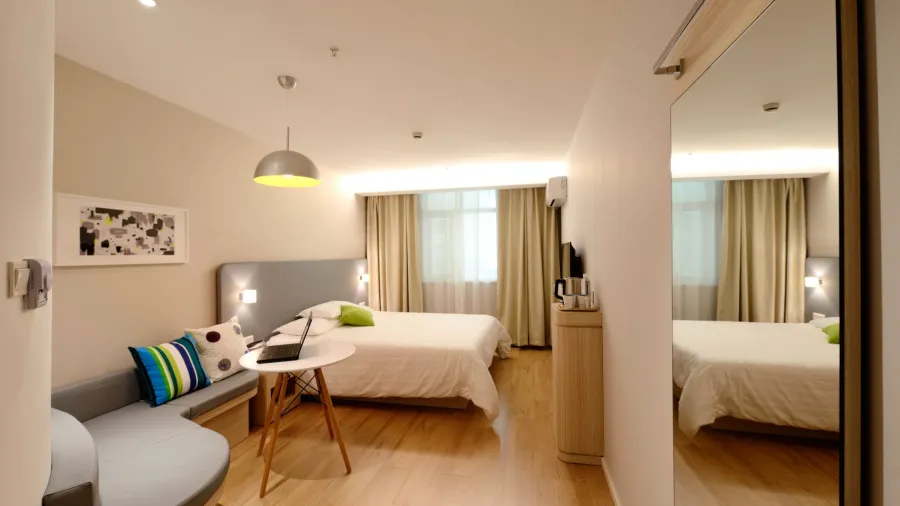
What does the future hold for Japan’s hotel property sector?
Analysts say the market is on an encouraging growth trajectory.
Hotels have performed extremely well over the past half year, and rounds off a year of rapid and sustained growth for the overall hospitality sector in Japan, according to a recent report by Savills.
ADRs have continued to increase at a steady rate, and improvements in terms of hiring and general hotel operations have enabled hotels to operate at greater levels of occupancy, which should facilitate greater growth in the RevPAR index moving forward.
Here's more from Savills:
This positive situation has been spurred on by the robust growth of inbound tourism, which continues to comprise a greater proportion of Japan’s tourism mix. 2024 saw record numbers of tourists arrive in Japan, which is only set to increase over the coming year.
On the other hand, new hotel supply looks to be constrained particularly in Tokyo, Osaka, and Kyoto, and various bottlenecks including heightened construction costs and the labour shortage should further limit hotel completions going forward. Existing hotels are benefi tting from this situation, commanding elevated ADRs and increasing valuations for potential hotel transactions.
Meanwhile, international luxury hotels continue to establish a greater presence in Japan, and while general hotel supply will be constrained in 2025, this year will see many iconic hotel brands opening their doors in Japan. Many upcoming developments will be located in major cities, and a large proportion of which will open within major urban redevelopment projects. Moreover, regional cities and resort areas will also welcome some luxury hotel brands over the coming years, which signals a proliferation of luxury inbound demand towards regions beyond the most popular tourist destinations.
That said, some factors may impact tourism demand, for instance, global political and economic uncertainty including hurdles to trade, while the strengthening yen may also dissuade some visitors. That said, the APAC regional economy looks resilient and the strong US$ (or weak Japanese yen) is likely to persist.
Even if the Bank of Japan continues to raise the policy rate, the yen may only appreciate up to around JPY140 to US$1, at least this year, which should not dampen the current robust inbound demand. Of course, this positive momentum could be abruptly disrupted by unexpected events such as natural disasters, but we have little reason for unfounded concern.
Overall, Japan’s hotel sector continues to grow, and shows little signs of slowing. Major developments such as Expo 2025 and Integrated Resort in Osaka will only continue to add tourist attractions in Japan, and should attract more travellers. Japan, especially regional areas, should gradually acclimatise to hosting larger volumes of inbound tourists, and this should grow to become a sustainable source of growth, setting Japan’s hotel sector on an encouraging growth trajectory.




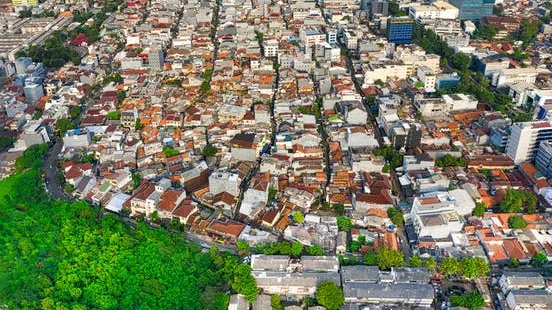
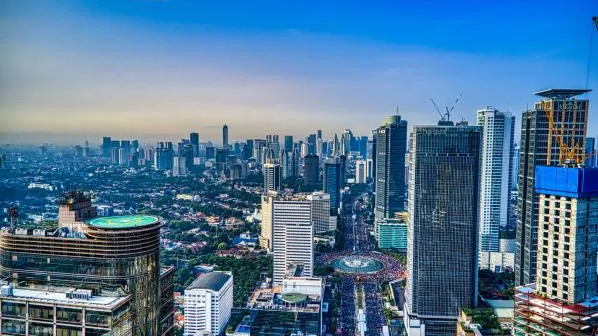
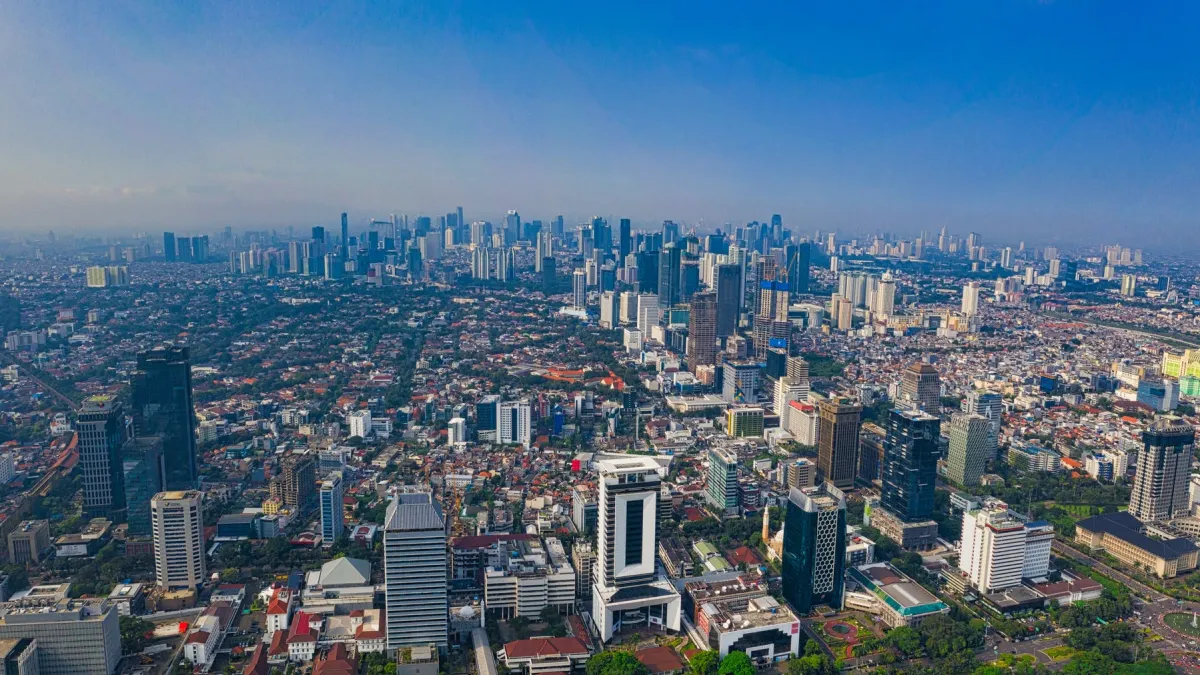
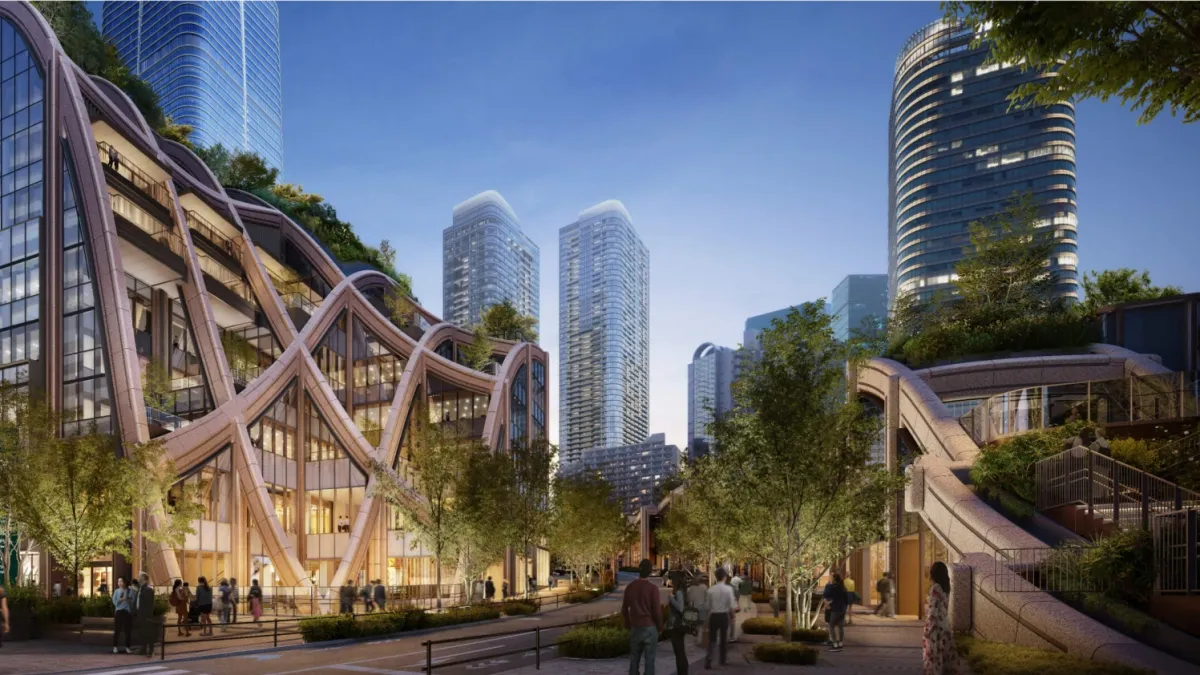
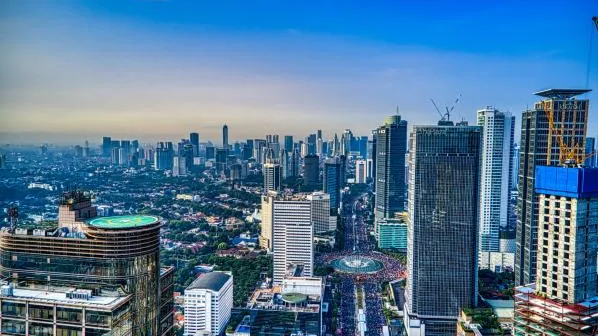
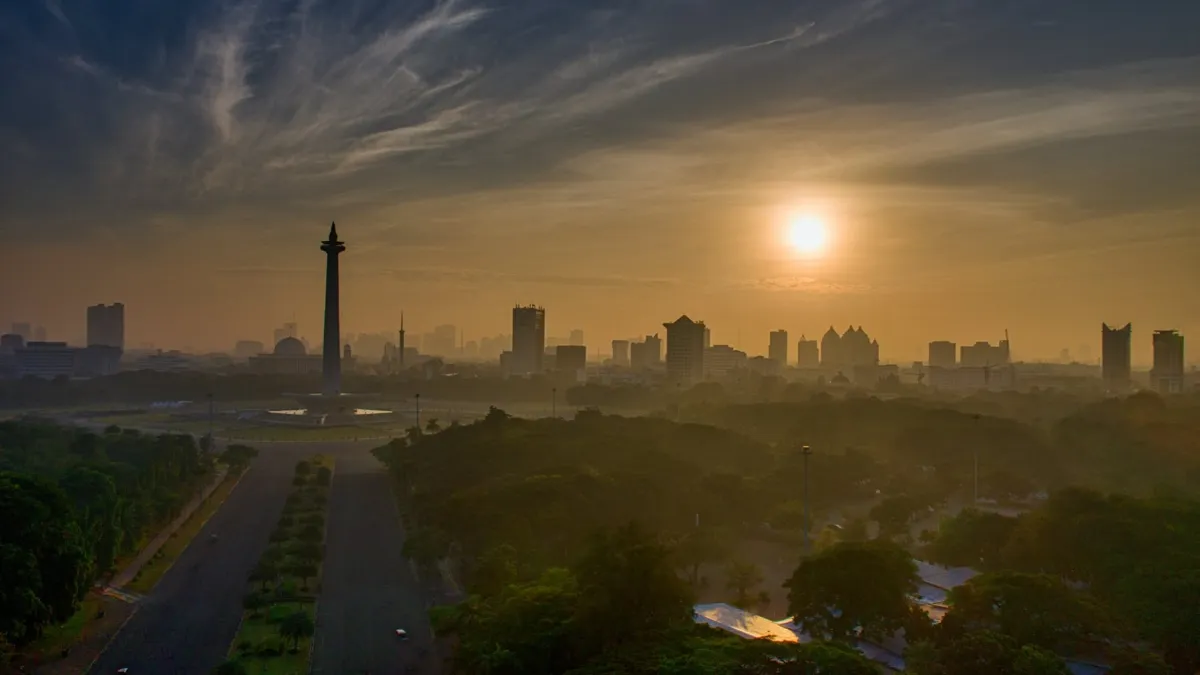

 Advertise
Advertise

